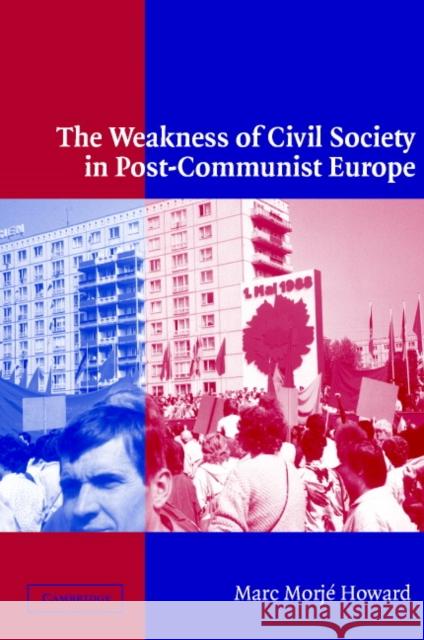The Weakness of Civil Society in Post-Communist Europe » książka
The Weakness of Civil Society in Post-Communist Europe
ISBN-13: 9780521011525 / Angielski / Miękka / 2003 / 222 str.
Over a decade has passed since the collapse of communism, yet citizens of post-communist countries are still far less likely to join voluntary organizations than people from other countries and regions of the world. Why do post-communist citizens mistrust and avoid public organizations? What explains this distinctive pattern of weak civil society? And what does it mean for the future of democracy in post-communist Europe? In this engaging study, Marc Morje Howard addresses these questions by developing a provocative argument about the powerful and enduring impact of the communist experience on its countries and citizens. Howard argues that the legacy of the communist experience of mandatory participation in state-controlled organizations, the development and persistence of vibrant private networks, and the tremendous disappointment with developments since the collapse of communism have left most post-communist citizens with a lasting aversion to public activities. In addition to analyzing data from over 30 democratic and democratizing countries in the World Values Survey, Howard presents extensive and original evidence from his own research in Eastern Germany and Russia, including in-depth interviews with ordinary citizens and an original representative survey.











